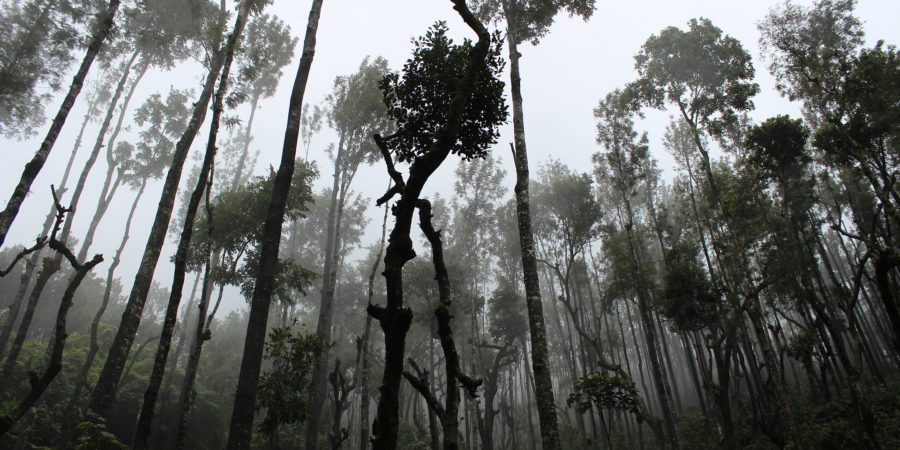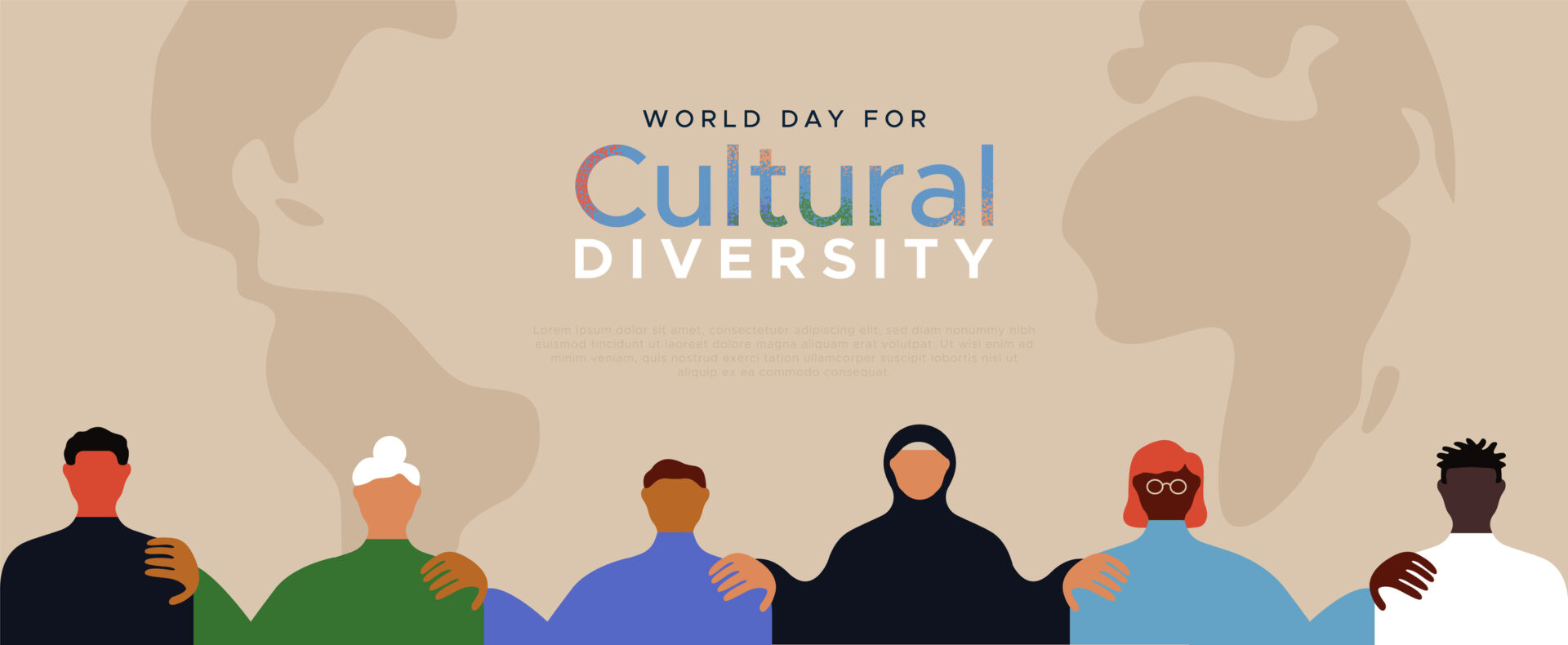Over the last week, news outlets have been engulfed in images of smokey, burning trees with headlines surrounding the forest fires in Brazil. These fires, a result of over logging, animal agriculture, and premature forest clearing, are out of control and burning up 80 percent more of the Amazon than those set the year prior.
While these fires have created a dialogue for environmentalists to encourage plant based diets and sustainable agriculture practices in order to preserve an area that is one of the most bio-diverse in the world, the negative impact these fires have on human health have been under shared.
Nicknamed ‘the planet’s lungs,’ the rain forest produces bout 1/5 of the oxygen we breathe yet, it only covers 2 percent of earth’s surface. With the area of the rain forest decreasing annually, it is possible this number could take a sharp dip. This is inverse to the growth of the human population, which will require increasing amounts of oxygen to be sustained.
In addition to depleting oxygen sources, these forest fires release green house gases and send particle matter (PM) into the atmosphere. While the composition of these particles varies, their small size makes them dangerous. They can easily enter and harm the human body. Once breathed in, PMs travel to the lungs where they can seep into other areas of the body. PM can cause lung cancer, high blood pressure, and even heart attacks.
One lesser known effect of deforestation, is its ability to change the local temperature. Trees are responsible for cycling water from the earth into the atmosphere. This water, when added to the atmosphere, can lower temperatures by a few degrees. In a warm climate, like that of Brazil, these minuscule changes can make all the difference, especially to indigenous populations and locals without access to air conditioning.
Regardless of where you live in proximity to the Amazon or other forests, there are some actions you can take to help promote ecosystem health and human health. One example of this is adopting a more plant-rich diet. If enough people made this change it could shrink the industry of animal agriculture, a primary driver of the deforestation and forest fires being created in Brazil and elsewhere.
The wildfires in Brazil reinforce the idea that we must be responsible stewards of the earth and its resources. If decreases in biodiversity are not enough to convince individuals of this then perhaps understanding how such events affect our health is.
Are you interested in learning more about lung cancer, high blood pressure, and heart attacks? A cardiology rotation with AMO might be just the right step towards pursing your career in medicine. Apply for a rotation today!







Leave A Comment